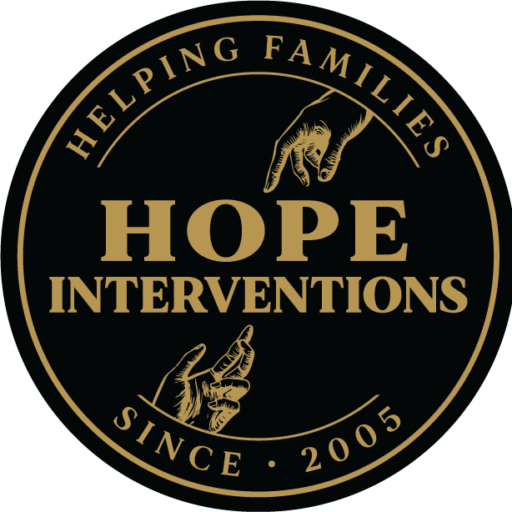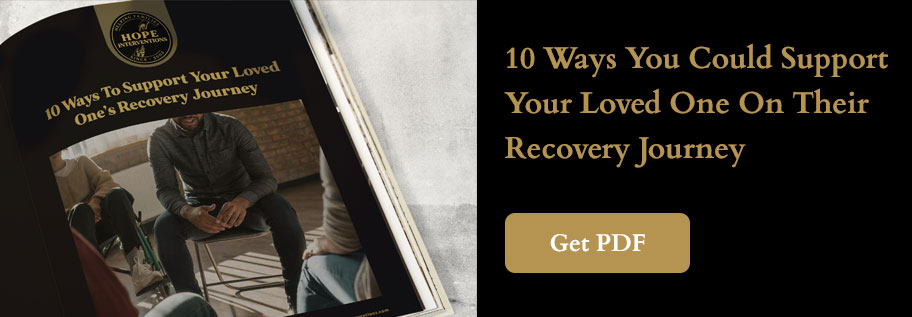One of the deepest wounds addiction leaves behind is broken trust. Lies, secrecy, broken promises, and emotional distance can make even the closest families feel disconnected and hurt. After an intervention, there’s often a mix of relief and uncertainty. While it’s a major step forward, it’s only the beginning of the healing journey.
At Hope Interventions, we help families understand that rebuilding trust after addiction is a process—one that requires patience, honesty, and realistic expectations. Here’s what families should keep in mind post-intervention as they walk the path toward repair and reconnection.
Trust Is Earned Over Time, Not Promised Overnight
It’s natural to want everything to go back to “normal” once your loved one agrees to treatment or begins their recovery journey. But rebuilding trust doesn’t happen in a single conversation or milestone. It’s a gradual process built on consistent action and accountability.
What to Expect:
You may still feel unsure or cautious. That’s okay. Rebuilding trust takes time, and it’s important to give yourself permission to take it slow.
Healing Is a Two-Way Street
While your loved one is doing the work of recovery, the family has healing to do too. Resentment, fear, and exhaustion are valid emotions that need space to be processed. A healthy reconnection can only happen when everyone is willing to participate in the healing.
What to Expect:
Family therapy and open communication are key. It’s not just about forgiving—it’s about creating a new way of relating to each other.
Consistency Matters More Than Words
During addiction, promises are often made—and broken. That’s why real trust is rebuilt not through apologies, but through consistent, reliable behavior. As your loved one begins to show up for themselves, their treatment, and their relationships, trust begins to grow.
What to Expect:
There may still be doubts. It’s okay to be cautiously optimistic as your loved one starts following through on their commitments.
Boundaries Are Healthy, Not Punishment
Setting boundaries doesn’t mean you don’t love your family member. It means you love them enough to protect your own well-being, while also giving them space to grow. Boundaries help everyone feel safe and respected.
What to Expect:
There may be discomfort or pushback at first. But over time, clear boundaries lead to healthier, more respectful relationships.
Relapses Can Happen—And They're Not the End
While it’s difficult to think about, relapse is a common part of the recovery process. It doesn’t mean everything is ruined or that your trust was misplaced. What matters is how your loved one—and the family—responds.
What to Expect:
If a relapse happens, take a breath. Support your loved one in getting back on track, and continue protecting your own emotional boundaries. Progress is still possible.
Trust Can Be Rebuilt—One Step at a Time
Post-intervention, families often feel like they’re standing on shaky ground. But with the right support, guidance, and willingness to grow together, that ground becomes solid again. At Hope Interventions, we walk alongside families as they move from pain to progress—rebuilding trust, restoring connection, and creating a new story rooted in healing.

